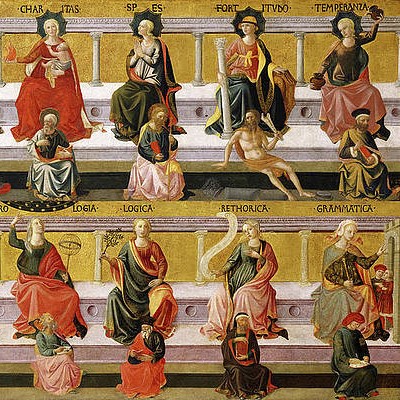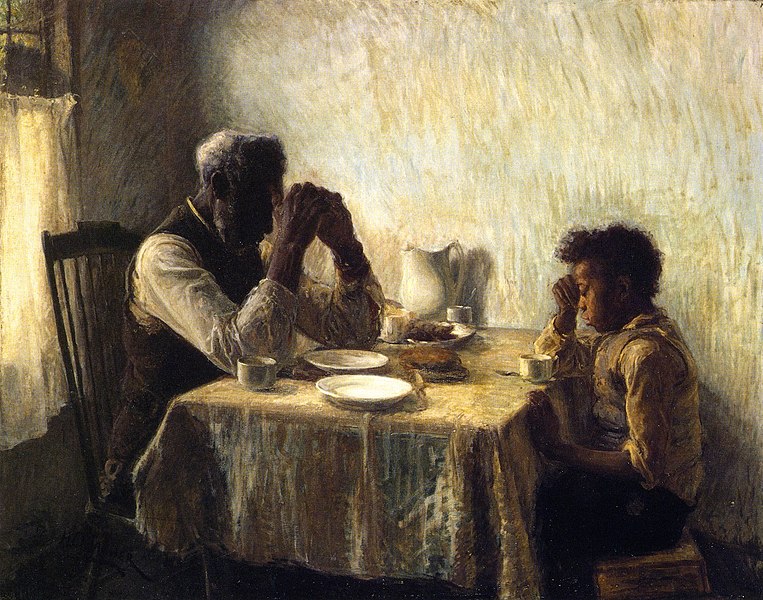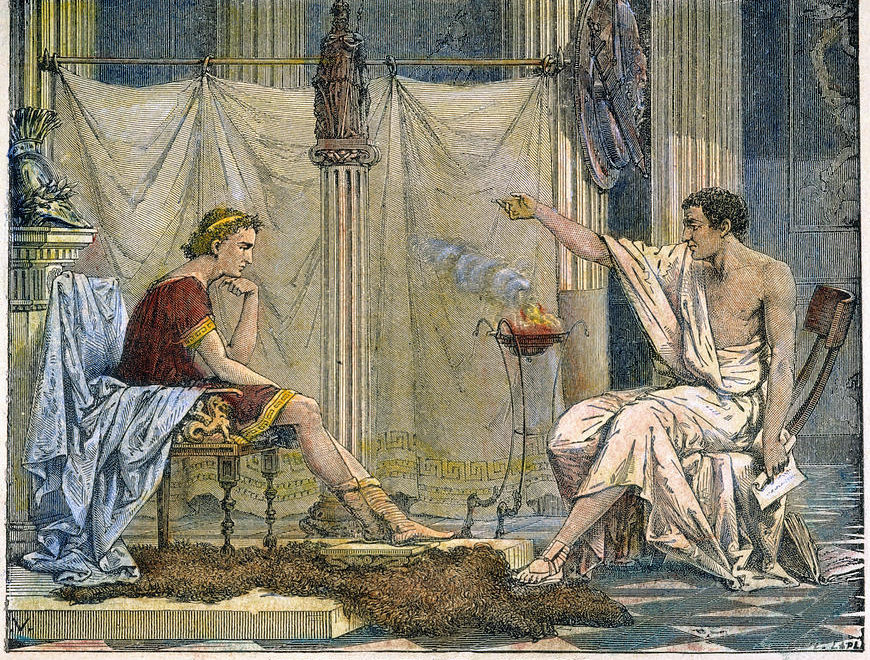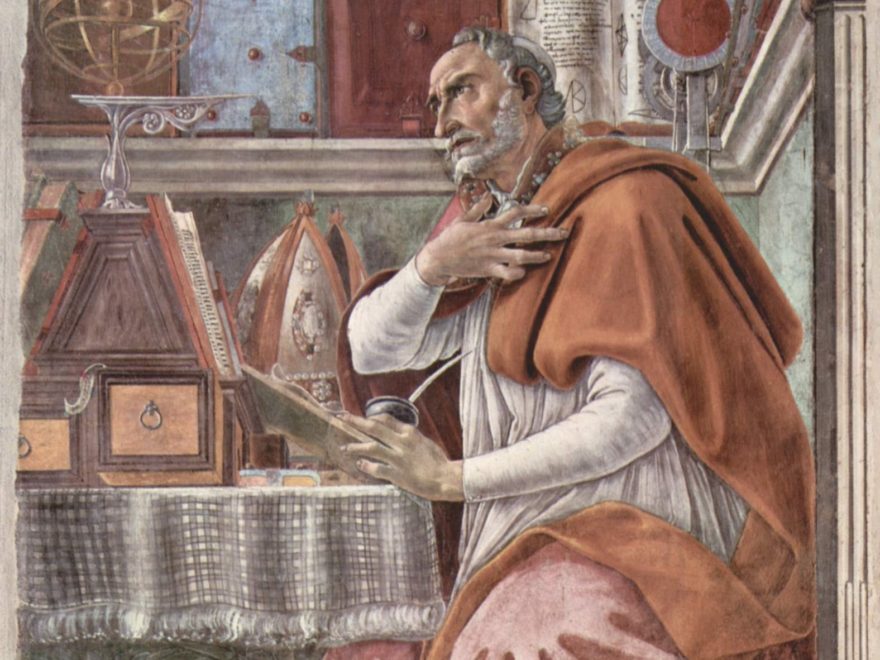Tag: wisdom
-

Love the Lord Your God With All Your Mind
And behold, a lawyer stood up to put him to the test, saying, “Teacher, what shall I do to inherit eternal life?” He said to him, “What is written in the Law? How do you read it?” And he answered, “You shall love the Lord your God with all your heart and with all your…
-

Exploring Our Educational Ideals: Following along Gulliver’s Travels
Since its publication in 1726, Gulliver’s Travels by Jonathan Swift has been a popular read both for its initial audience as well as for generations of readers since. In my most recent reading of this travelog with our Enlightenment Humanities class at Clapham School, I was struck by Swift’s thoughts on education. Excavating the claim…
-

Learning Gratitude: A Pathway to a Good Life
Among the greatest characters created by Tolkien in The Lord of the Rings is the noble prince Faramir. He is the younger brother of the fallen Boromir and is characterized by wisdom and judgment. When we first meet Faramir in the forests of Ithilien, he chances upon the hobbits Frodo and Sam who have already…
-

The Life of the Mind, Part 1: From Proverbs to Einstein
It seems to me that we have lost sight of the significance of the human mind. Here I mean more than one’s brain, but not less than it. Humans cannot be reduced to physical neurology, but neither can they be understood apart from it. We are mind-body unities, created as embodied souls, or ensouled bodies,…
-

The Counsels of the Wise, Part 2: Why Reviving Moral Philosophy Is Not Enough
In The Liberal Arts Tradition: A Philosophy of Christian Classical Education (Version 2.0, Revised Edition), Kevin Clark and Ravi Jain argue for a recovery of the tradition of moral philosophy against the reductionism of the modern social sciences. Their account of the intellectual history that led to the replacement of this classical and Christian paradigm…
-

The Counsels of the Wise, Part 1: Foundations of Christian Prudence
We began this series with a proposal to replace Bloom’s Taxonomy of educational objectives with Aristotle’s five intellectual virtues. While Bloom and his fellow university examiners aimed to create clarity in teaching goals through a common language, their taxonomy of cognitive domain objectives may have done more harm than good. In rejecting the traditional paradigm…
-

Practicing Peacefulness: Beginning the School Year in the Right Frame of Mind
With the start of school just around the corner, teachers are gearing up for another year. As usual, summer break has gone by too fast. And yet, at the same time, the attraction of new beginnings lures them back to the classroom. There is something about a fresh start that energizes, awakens, and inspires. How…
-

Apprenticeship in the Arts, Part 6: The Transcendence and Limitations of Artistry
In this series on apprenticeship in the arts we have laid out a vision for the role of the arts in a fully orbed classical Christian education. We began by situating artistry or craftsmanship within a neo-Aristotelian and distinctly Christian purpose of education: namely, the cultivation of moral, intellectual, and spiritual virtues. Then we explored…
-

Irrigating Deserts in Schools: The Redemption of Emotion in an Age of Feeling
In a world of sensationalistic news, propaganda, and emotions running in overdrive, our students need specialized training in how to navigate life’s challenges with wisdom. Dorothy Sayers and C.S. Lewis, two favorites in the classical education renewal movement, offered different, but related, educational solutions to respond to emotive and misleading propaganda. Dorothy Sayers, known for…
-

Christianity, a Superior Philosophy: Book Review of Jonathan T. Pennington’s Jesus the Great Philosopher, Part 2
In the previous article in this two-part review of Jonathan Pennington’s book Jesus the Great Philosopher, I spelled out the first two sections of his book dealing with the ancient philosophers (chapters 1 and 2) and then the Old and New Testaments (chapters 3 and 4). Here I will dive into the final three sections…
